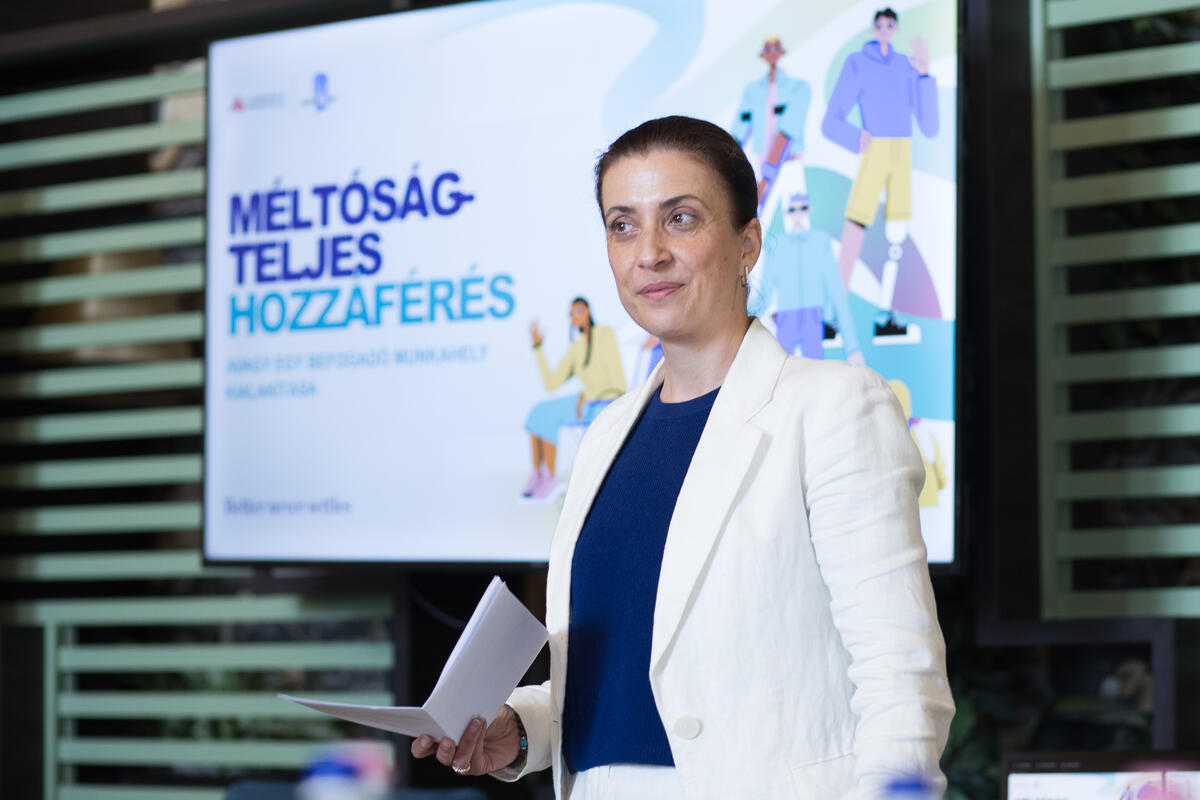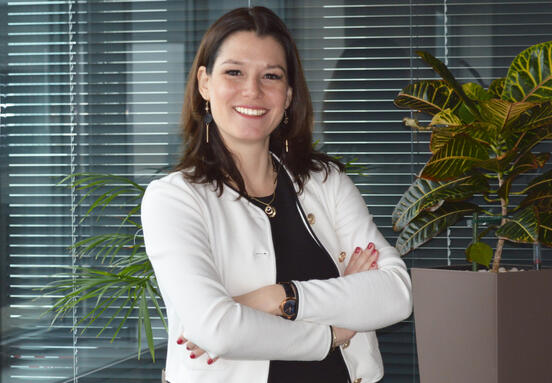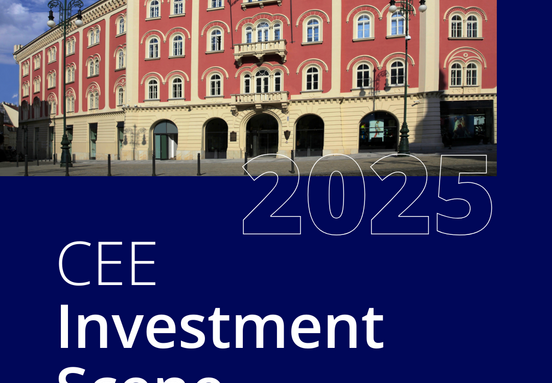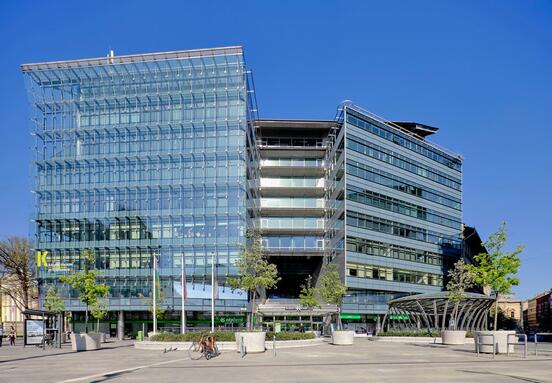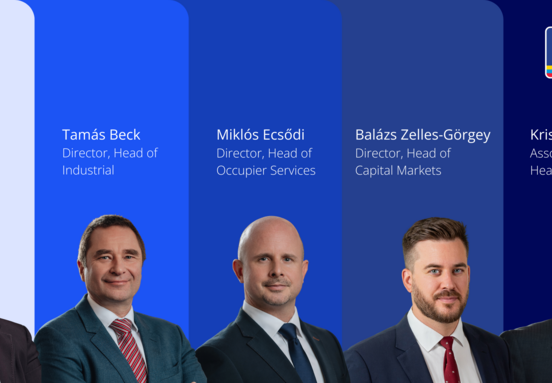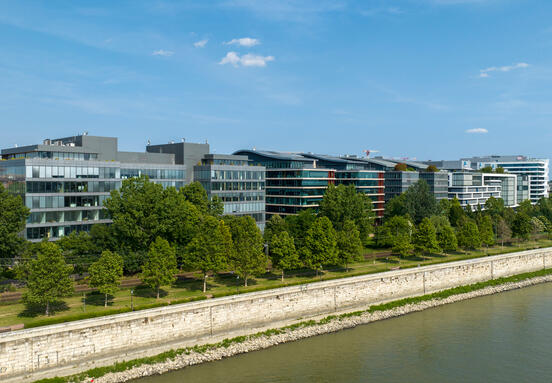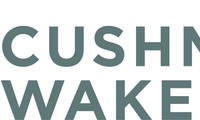Rather than presenting a technical report, the publication is a transparent account of the company's journey to create equitable spaces through collaboration, education, and actionable change.
Recognising that disability is not an individual limitation but a societal challenge, the report underscores the importance of dignified access as a critical component of the Social pillar of ESG (Environmental, Social, Governance) standards. It shares key insights from Cushman & Wakefield’s partnership with Access4you, a leading social impact organisation that audits, certifies and qualifies the accessibility of the built environment for diverse disability groups.
“We chose to share our learning journey instead of issuing another traditional report,” said Gergely Pados, Managing Director of Cushman & Wakefield Hungary. “For us, dignified access goes beyond compliance—it’s about building environments where everyone, regardless of ability, can thrive.”
Understanding Accessibility Beyond Stereotypes
The report addresses common misconceptions around disabilities—such as the belief that disabilities are always visible, or that accessibility compromises design—and offers counter-narratives backed by data. For instance, 70–80% of disabilities are invisible, and the majority of accessibility improvements are cost-effective and visually integrated into modern design.
Key statistics further contextualise the urgency: globally, 1 in 6 people live with a disability, and in Europe, it’s 1 in 4. In Hungary, 22% of those aged 15 and above report some form of disability. These numbers highlight the growing need for barrier-free, inclusive design in both physical spaces and organisational culture.
Access4you Audit: The First Step to Meaningful Change
A foundational element of the report is the company’s collaboration with Access4you, whose certification process helped Cushman & Wakefield conduct a detailed accessibility audit of its office space. The audit assessed environments for 8+1 major disability groups and provided a roadmap for strategic development.
Key recommendations included:
● Tactile and visual markers for the visually impaired.
● Induction loops and sign language options for the hearing impaired.
● Clear wayfinding systems for individuals with cognitive disabilities.
● Entrance and interior adjustments for wheelchair accessibility.
“An accessibility audit offers a data-driven starting point,” said Balázs Berecz, Founder and CEO of Access4you, wheelchair user since 2005. "Our social mission is to provide credible and detailed data for people with disabilities and encourage property owners to prioritize inclusion."
Accessible Spaces as Smart Business
Cushman & Wakefield’s research shows that nearly 50% of Budapest’s office market is already Access4you certified, with the Váci út Corridor leading at 64%. Accessibility also correlates with building age—post-2020 developments tend to be the most inclusive, showing that inclusive design is becoming an industry norm.
Cost concerns are also addressed. Many accessibility improvements, such as tactile signage, step indicators, and induction loops, can be implemented at relatively low cost—averaging around €10,000 per access point—especially when considered against the long-term social and economic benefits.
A Call to Action
As Cushman & Wakefield continues to evolve, Dignified Access serves as both a reflection and a rallying cry. It encourages companies, partners, and communities to take immediate, practical steps toward building inclusive environments that work for everyone.
Cushman & Wakefield has joined Access4you’s Accredited Partner Program, enabling us to conduct accessibility audits and with the help of our Project Management department is able to support our clients in creating more inclusive and accessible environments.
"The Accredited Partner Program is one of the strategic pillars of our operations. They are the evangelists for growing our social impact. They don’t just talk about it; they actively engage in sales and certification activities themselves." Berecz shared details.
“Inclusion is not a destination, but a continuous journey,” Pados concluded. “By investing in dignified access now, we’re shaping a more resilient, equitable future for all.”
Cushman & Wakefield
